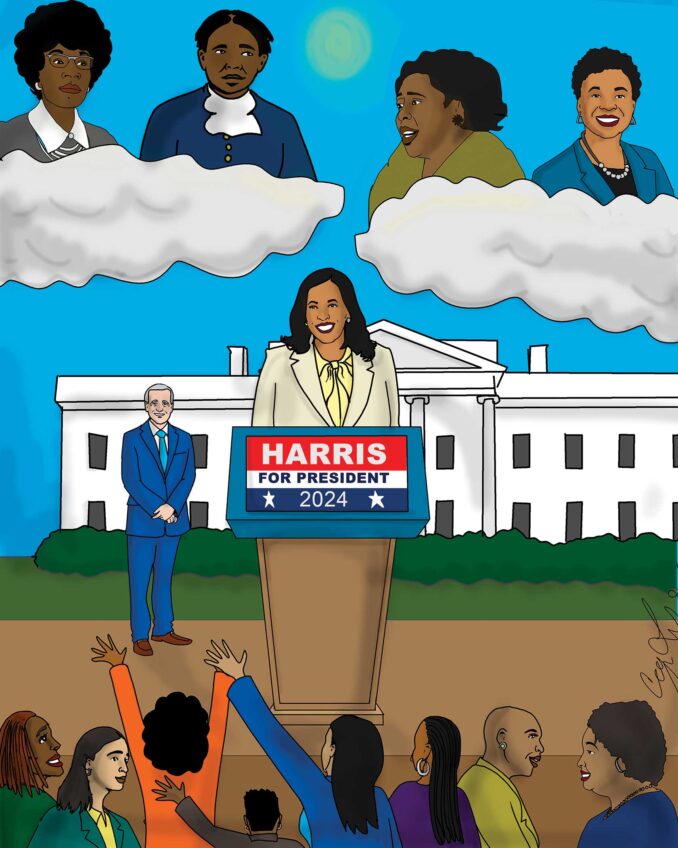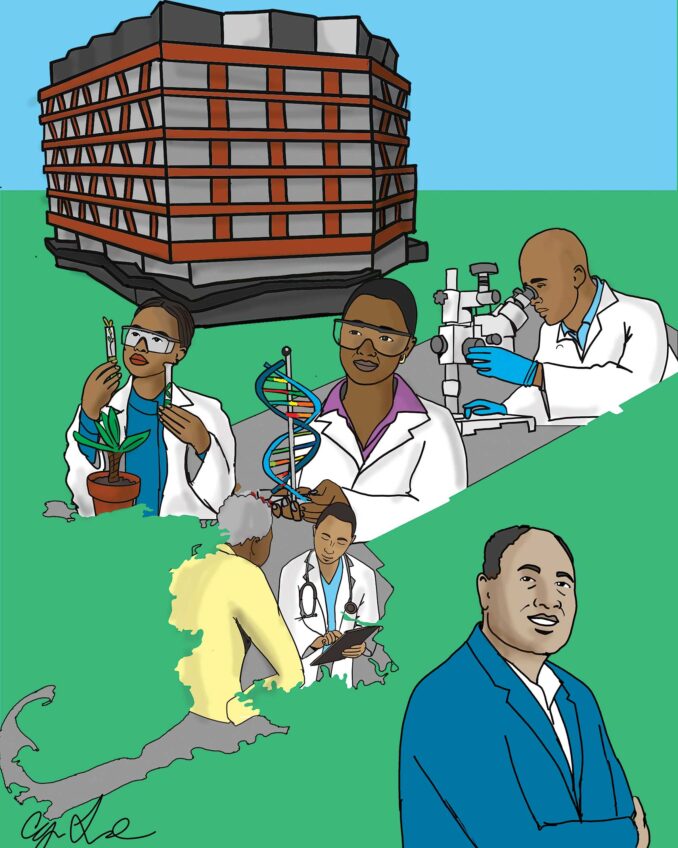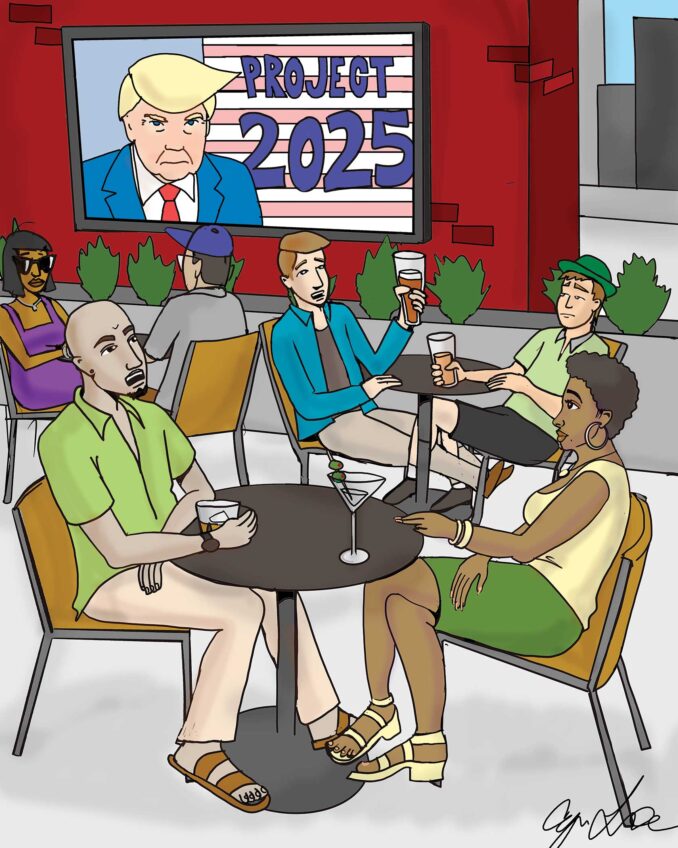In an informal poll on my Facebook page, I asked, “Now that there’s the likelihood of a COVID vaccine soon will you get vaccinated?” There were dozens of responses. Most of those responding was Black. Most said no.
Their responses admittedly are anecdotal. However, the results of an August Gallup poll are not. It found that one-third of Americans said no when asked whether they’d get a COVID vaccination. Among minorities, the number who consistently said no to a vaccination was much greater. This, despite the fact, that Blacks and Hispanics are hospitalized and die from COVID in disproportionate numbers to whites.
It’s not just a COVID vaccine that many Blacks are wary of. They are wary of almost all vaccines. Countless surveys have shown that Blacks are less likely to get vaccinated as a prevention to just about every infectious disease even though they are far more likely to die from those same diseases than whites.
Vaccines do work and have saved tens of thousands of lives. That almost certainly will eventually be the case with the new COVID vaccines coming on board. Yet, the massive public health education campaigns on the importance of vaccinations have done little to scrub away the suspicion, reluctance and outright fear among many Blacks of vaccinations.
In trying to make sense out of this age-old fear of many Blacks, the infamous Tuskegee experiment is almost always cited. The ghastly experiment made Guinea pigs out of dozens of unsuspecting poor Black males who were infected with syphilis. They were deliberately allowed to suffer and die for four decades from the 1930s on with the knowing consent of the U.S. Public Health Service without any treatment.
But that was decades ago, and few individuals are alive today who have even the remotest connection to the men involved in the horrid experiment. Still, the horror of the Tuskegee experiment has spun belief in supposed insidious conspiracies by always unknown and unnamed conspirators in the medical world.
The fear was heightened when Bill Gates mentioned population control earlier this year when discussing his health initiatives in Third World countries, particularly Africa. The conspiracy theorists finger-pointed Gates as having sinister designs to kill off Blacks. The claim was totally debunked. But the image of a plot to eliminate Blacks through medical programs and testing was again firmly planted with some.
Blacks are less likely to have access to affordable, quality medical care and treatment than other groups. Countless studies have also shown that they have suffered medical indifference and skepticism, if not outright neglect, on the part of many medical practitioners. This is certainly more than enough to create doubt and even hostility toward anything from the medical community with a new supposedly life-saving stamp on it.
Distrust, racial double standards past and present, topped by the uncertainty over a workable COVID-19 vaccination, create the perfect storm of doubt over the merits of vaccines. In truth, Blacks are hardly unique in their skepticism about vaccines. Pew Research Surveys found that a significant number of Americans are deeply skeptical of the safety and risk of COVID and other vaccinations.
This does not bode well. The public must have complete trust that a vaccine is safe and effective for it to have maximum value in preventing outbreaks of infections and diseases, and that there is no underlying ulterior motive in encouraging vaccinations. Without that trust, viral infections will continue to be a public health risk and thus an endangerment to wide segments of the population.
The uncertainty and debate over a new COVID vaccine is no different.
The galling paradox in all of this is that almost from the moment the coronavirus pandemic hit, Blacks screamed the loudest that they would be the hardest hit by the pandemic. The disproportionate death rate of Blacks from COVID has certainly borne out this fear. But the disproportionate African American death count is hardly the revelation of the ages. A new COVID vaccine may not be the magic bullet to prevent the dreaded infection. However, as with any other new vaccine, it’s a matter of percentages. If the percentage of those helped by it is high enough, then it’s a success. For Blacks, fear of a COVID vaccine may be understandable, but given the monumental health risk of doing nothing, it is inexcusable.
Earl Ofari Hutchinson is an author and political analyst.






